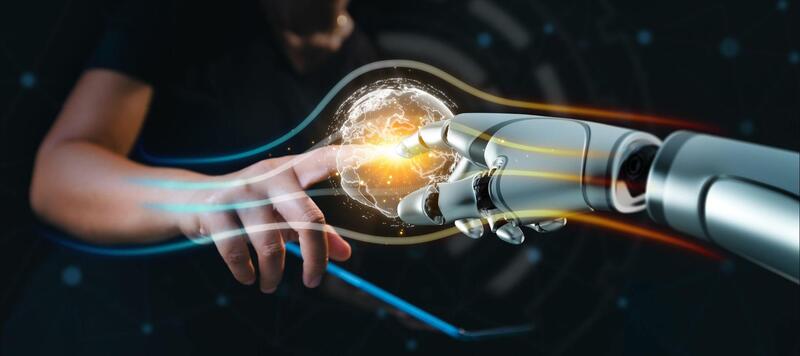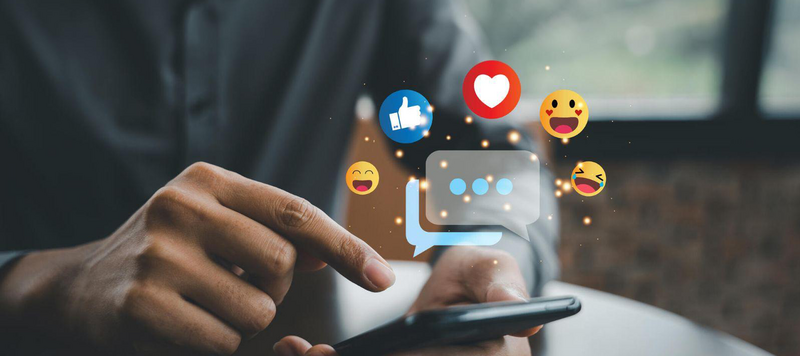In recent years, the rise of artificial intelligence (AI) has sparked numerous debates about its potential to automate various tasks across different industries. One such area of discussion revolves around the role of AI in digital marketing. As AI technologies continue to advance, some wonder: will AI replace digital marketers altogether? Let's delve into this question and explore the complex relationship between AI and digital marketing.
The Rise of AI in Digital Marketing
AI has already made significant inroads into the field of digital marketing. From predictive analytics to chatbots and personalized recommendations, AI-powered tools are transforming how businesses engage with their audiences online. These technologies offer efficiency, scalability, and the ability to analyze vast amounts of data in real-time, enabling marketers to make data-driven decisions and deliver highly targeted campaigns.

Automation vs. Human Expertise
One of the primary concerns surrounding the integration of AI in digital marketing is the fear of automation replacing human jobs. Indeed, AI can automate repetitive tasks such as email marketing, social media management, and ad optimization, potentially reducing the need for manual intervention in these areas. However, while AI can handle routine tasks with speed and precision, it lacks the creativity, empathy, and strategic thinking that human marketers bring to the table.

The Role of Human Creativity
One of the hallmarks of successful digital marketing campaigns is creativity. Whether it's crafting compelling ad copy, designing engaging visuals, or telling authentic brand stories, creativity plays a central role in capturing audience attention and building meaningful connections. While AI can analyze data to identify trends and patterns, it cannot replicate the human ability to think outside the box, generate original ideas, and evoke emotion through storytelling.

The Human Touch in Customer Engagement
Another critical aspect of digital marketing is customer engagement. Building relationships with customers requires empathy, understanding, and the ability to tailor messaging to individual needs and preferences. While AI-powered chatbots can provide instant responses to customer inquiries, they lack the human touch and nuanced communication skills needed to handle complex situations and build rapport with customers.
The Future of Digital Marketing: Collaboration, Not Replacement
So, does this mean that AI will replace digital marketers? Not necessarily. While AI can automate certain aspects of digital marketing, it is unlikely to replace human marketers entirely. Instead, the future of digital marketing lies in collaboration between AI technologies and human expertise.
By harnessing the power of AI tools to automate routine tasks, analyze data, and optimize campaigns, digital marketers can free up time to focus on high-level strategy, creativity, and relationship-building. AI can augment human capabilities, providing valuable insights and recommendations that empower marketers to make more informed decisions and deliver more personalized experiences to their audiences.
Conclusion
In conclusion, while AI is reshaping the landscape of digital marketing, it is not poised to replace human marketers entirely. Instead, the most successful digital marketing strategies will be those that embrace the strengths of both AI technologies and human expertise. By leveraging AI to automate tasks, analyze data, and optimize campaigns, while also harnessing the creativity, empathy, and strategic thinking of human marketers, businesses can achieve greater efficiency, effectiveness, and impact in their digital marketing efforts.
Newsletter to recieve
our latest company updates
Comment